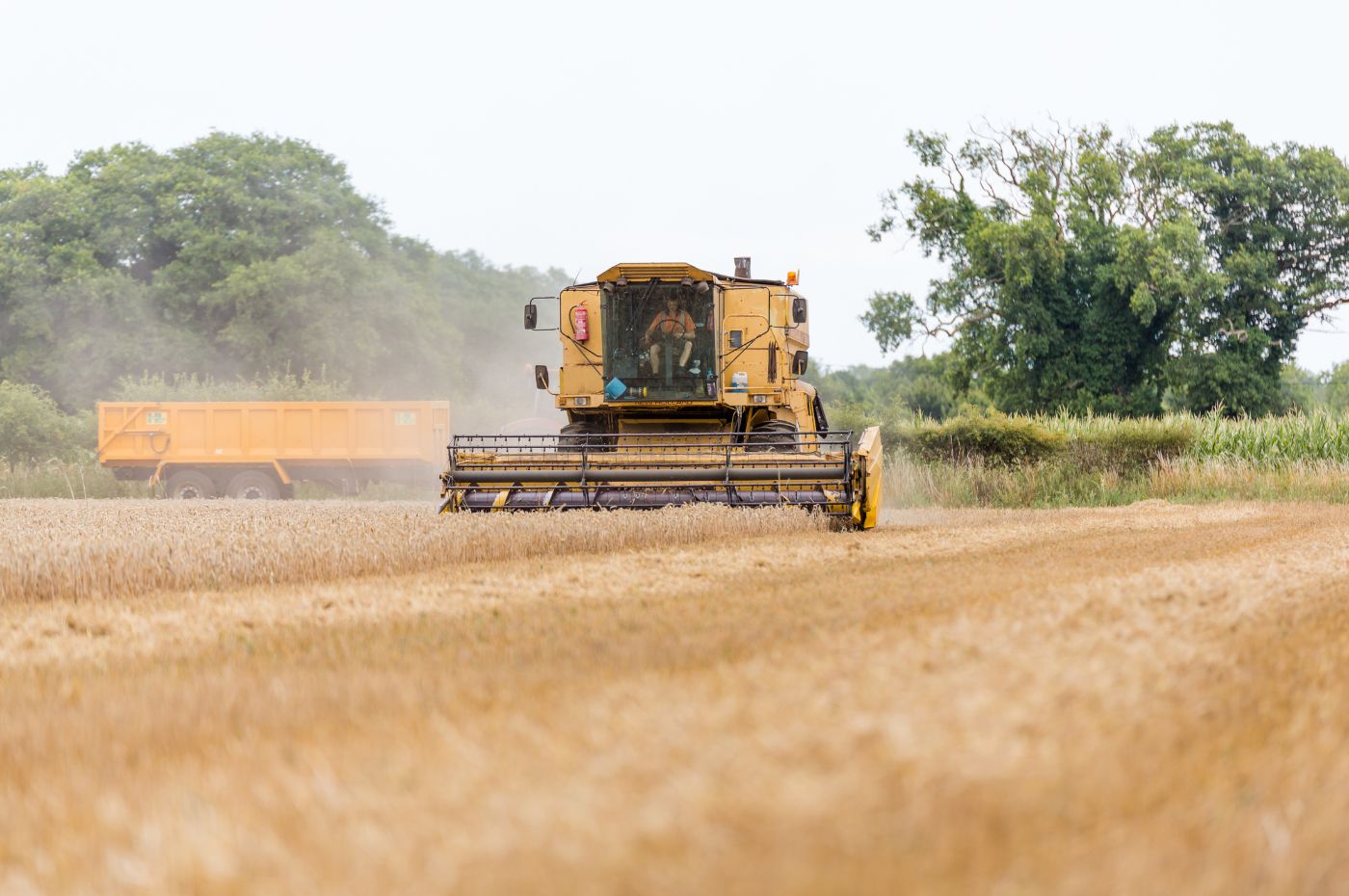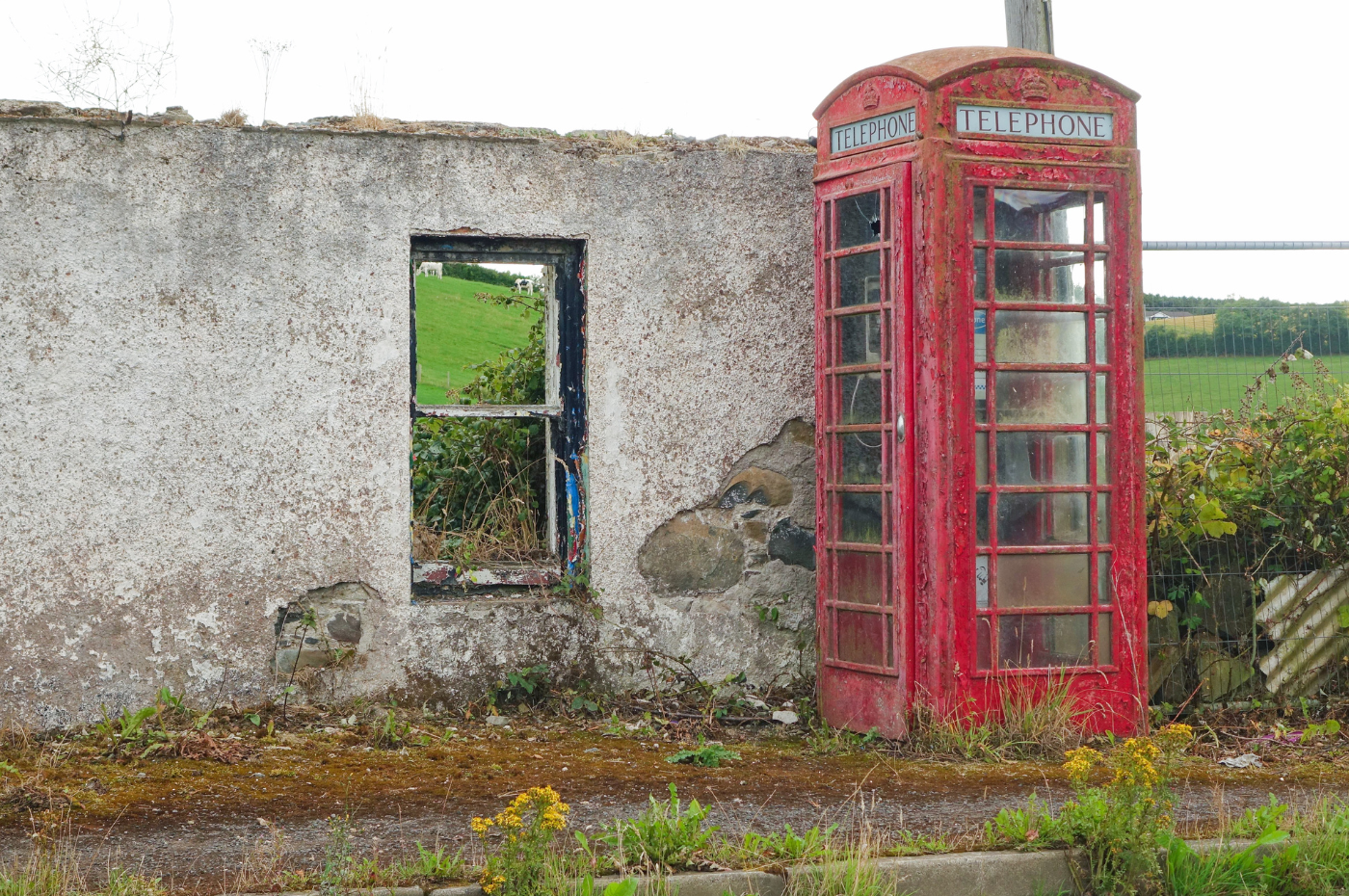"We will not stand idly by" - Durham County Council backs farmers
Rural communities up and down the country feel increasingly neglected and...
View Details
This Tuesday (08 October) Parliamentary Conservatives used one of their two Opposition Day Debates on the matter of farming and food security, providing the Government its first opportunity to set out its plans for the sector in the House of Commons.
Introducing the debate the Shadow Secretary of State for Defra, Steve Barclay MP, echoed many of his earlier remarks at the Countryside Alliance fringe event at the Conservative Party Conference. Defending his own record in office, he highlighted changes that had been made to the new environmentally oriented farming support schemes following feedback, and argued that the new Defra team had been bulldozed by the new Energy Secretary, Ed Miliband, in his determination to prioritise solar farms. Mr Barclay also renewed his criticism of the decision to remove Baroness Rock, a voice for tenant farmers, from her role on the Defra Board.
The impetus for the debate was the impact on farms of the recent wet weather, especially from Storm Babet and Storm Henk, and how both the previous and current governments have sought to respond. A key figure was £50 million, which in May the previous government had committed as an extension to the Farming Recovery Fund intended to help those affected.
Mr Barclay wanted to know whether that commitment would be honoured. In his response, Steve Reed MP, his successor as Secretary of State, would not be drawn, instead focusing on the £37 million that had already been made available by the Environment Agency. Other expenditure, he said, would be considered under the terms of the spending review. Arguing that the previous government had left flood defences in the worst state ever recorded, he said public money should be spent on long-term solutions rather than short-term fixes. That response may not be encouraging to any who had hoped to draw on an enlarged Farming Recovery Fund.
The debate was well-attended, with many Members taking the opportunity to raise matters of local importance; the result was a defeat for the opposition motion, as is routine. It was perhaps most revealing as the new parliamentary parties’ first opportunity to set out their stalls on farming. Tim Farron MP, Defra spokesman for the Liberal Democrats who made unprecedented gains at the last election, characterised his party as devoted to the farmers and their contribution as food producers, ecologists and conservers of heritage.
Most intriguing, however, was the contribution from Mr Reed in his opening response. Predictably he attacked the Conservatives’ record in office and the low levels of farmer confidence now seen, but there were some hints as to his early priorities. He pledged to work with farmers in transitioning to more sustainable farming methods, cut energy and other input costs, address unfairness in the supply chain, and improve productivity, access to labour and the terms of trade with European Union countries. On solar energy, he said that even under the most ambitious plans only 1% of agricultural land would be affected. Returning to his earlier theme on flood resilience, he also floated action on rural crime and mental health.
Summarising his planned approach to the sector, he said,
“We will not tell farmers how to farm. We will achieve this by working together with them in that new partnership.”
What precisely that will look like in practice remains to be seen.

Rural communities up and down the country feel increasingly neglected and...
View Details
The Labour Rural Research Group has launched a call for submissions to aid its...
View Details
Following recent news about the passage of a piece of legislation that aims to...
View Details